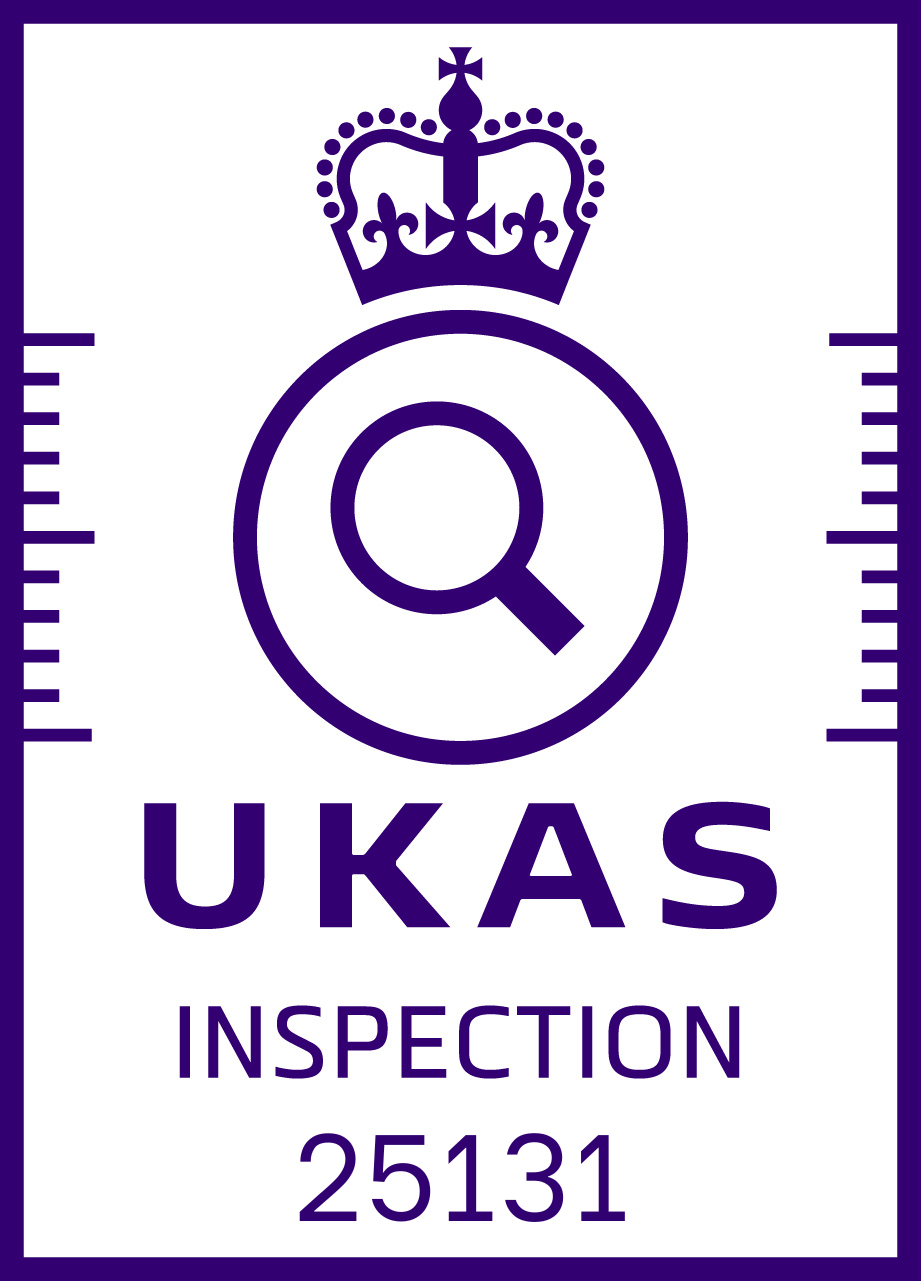The Institution of Occupational Safety and Health (IOSH) has written to the UK’s new Prime Minister, Liz Truss, highlighting ‘3 Key Areas for Action’ to support UK workers, in a letter to the new Prime Minister.
Referring to “an increasingly uncertain labour market”, IOSH chief executive Vanessa Harwood-Whitcher stresses that the Government’s focus should not be on compromising health and safety standards but on reinforcing them to allow workplaces to be positive drivers of innovation, improved productivity and sustainability.
Mrs Harwood-Whitcher goes on in the letter to detail 3 Key Areas for Action for the Government:
- The recent resolution to include a safe and healthy working environment in the International Labour Organization (ILO) Declaration of Fundamental Principles and Rights at Work
- The imperative to protect, maintain and reinforce UK health and safety standards and bring the long-awaited Employment Bill forward as a matter of urgency
- The need to lead policy makers, regulators, employers and workers’ representatives in ensuring asbestos is handled and disposed of in a safe, regulated way that prevents its exposure – workers’ and people’s lives depend on it.
“In recent years, we have seen employment and health and safety issues stagnate, when we should be valuing and investing in our workers,” she writes.
“Any failure to act on these Key Areas for Action and associated challenges will not only lead to poorer work, working conditions and workers’ welfare but also a workforce that’s characterised by low productivity, with economic and structural inequalities.
“This is why we look forward to working with you and your new Government – to ensure this does not happen,” she adds.
In addition to making major moves on these 3 Key Areas for Action, IOSH also urges Liz Truss’s Government to force decisive progress on:
- Supporting recent commitments made by G7 leaders to achieve a just transition to a sustainable future and adopt international standards related to human rights across global supply chains, recognising the importance of effective occupational health measures
- Reinforcing the duty of companies to tackle climate-related risks in their operations and supply chains, incorporating strategies for occupational hazards, risks and opportunities
- Occupational health reforms to enhance capacity building, support SMEs and mental health at work. The Government’s 10-year strategy for women’s health should bring a gender inclusive mindset to policy and legislation in preventing work-related risks to women
- Ensuring and improving the financial and human resources of Britain’s Health and Safety Executive (HSE), the Department of Health and Social Care (DHSC) and the Work and Health Unit (WHU) to safeguard regulatory action, priority projects, capacity building and to provide guidance and research that helps prevent harm in UK workplaces. All of this must be fit-for-purpose in a post-pandemic world of work. Business is going to need proper support to ensure workplace health and safety
- The introduction of a new Modern Slavery Bill, or adoption of the Corporate Transparency Bill, to enable business to comply with due diligence on human rights and the environment.









